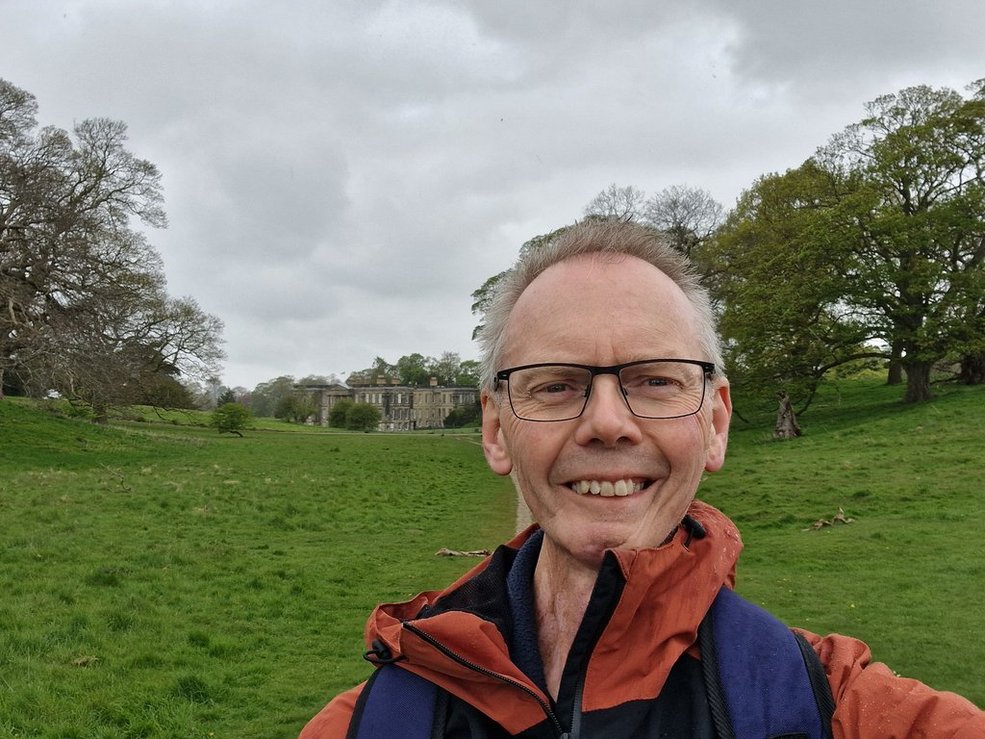How do you master your inner dialogue after an incurable cancer diagnosis?
You don’t – you just learn to be less afraid, root yourself in hope, pump the positives, slog it out, and hit the repeat button.
What you say to yourself is how you shape your world.
Words are powerful.
For example, how would you process being told that you had around 2 months to live?
That’s what I was told and things suddenly got very serious very quickly.
If this was you, what would you say to yourself?
Being the recipient of the worst possible news about my own life expectancy gave me a ridiculous sense of urgency.
I knew I wouldn’t get to do what I wanted to do in such a short space of time and my psychology was in free-fall. Wow, did the tears flow at this point.
My mental descent was pretty rapid when I first heard what was happening to me but I knew I had to pull the rip chord and deploy my mental parachute. I didn’t want to hit the ground at 120mph, I had to give myself a chance to survive.
This is where my internal dialogue was going to have to earn its money and start looking at the positives. Yes, there were some!
This was the time to step up to the plate and make it count.
So, that’s what I did.
I looked. I looked really hard for any positives, however small. The smallest positive was going to be a big win.
I started looking forward to watching the TV that night because one of my favourite programmes was on. That was a positive. I was going to suddenly expire that day so if I was still around to watch the TV, that was great!
The more I looked, the more I found and little by little I started to feel more in control of my fear, a fear that was very real.
I also used the attitude of gratitude to switch the direction of my thoughts as I still had a tremendous amount to be grateful for.
Incurable cancer is all consuming and so distractions are vital. You can’t totally get away from thinking about it but you can do and experience other things that will allow your mind to breathe a bit.
I’m going to cut a long story short now because the 2 months I was given was a whopping 4 years ago!
In that time I cultivated positive thinking, hope and optimism on a daily basis and combined that with exercise so that my mind and body could fight back.
Of course, the real life-saver in all of this has been my immunotherapy treatment – that is what has kept me alive and continues to offer me a sustained and durable response. But I also believe that ‘higher optimism’ directly impacts our biological systems.
We have to surrender to that higher optimism rather than dismiss it as cloud cuckoo land. We also have to embrace it and cultivate it.
I’ve had chemo and radiotherapy, plenty of side-effects, plenty of pain and plenty of situations that tried to push me into freefall again. But my internal dialogue didn’t let that happen and I am convinced that my own body has listened to the ‘do not yield’ message I have repeated to myself.
I’ve been extremely lucky to respond to immunotherapy treatment but I have worked extremely hard at maintaining a narrative that is full of hope and full of positives.
Remember, the difference between a great day and an awful day boils down to our attitude.
Positive self-talk isn’t just a coping strategy, it’s a way of life that finds its natural home in a higher optimism where any little wins are celebrated however small.
By boosting our higher optimism we develop healthier behaviours and healthier ways of processing life challenges.
Even with incurable cancer, there is plenty to look forward to and enjoy. Won’t you join me?

I think everybody should read this and then read it again. The power and the impact of this cannot be overstated. I know of one person who has incurable cancer and 14 months later is about to do a 50K bike ride for Ovarian cancer research. I also know of one person who was diagnosed and died within three months of the same type of cancer.
You convey the raw feelings so powerfully and you can feel it bouncing off the page. Yes, immunotherapy is clearly doing its job but the extra power comes from within you and what you have cultivated over these last four years. Deep respect and awe is all I can say.
Hi John my mum was given weeks to live after visiting the dr for minor indigestion. It turned out it was a viscous cancer cholangiocarcinoma. Since her passing I have tortured myself going over our response to the news. Should I have tried to maintain hope and should we have kept up the fight. My mum would say I’m dying and I’d reply no you’re living with cancer. I really like your phrase around higher optimism. If we had no hope we’d have been so lost. I also think it’s too big to process and you don’t ever get enough time to come to terms with it, or have the ability to as we’re all mostly programmed to want to survive. I loved your blog it made me feel we did have the right approach, looking to higher optimism to get us through, and I also like Deborah James’s term of always having rebellious hope. Thank you for sharing
Thank you Sarah, higher optimism starts in the depths of despair but lifts us out of there.